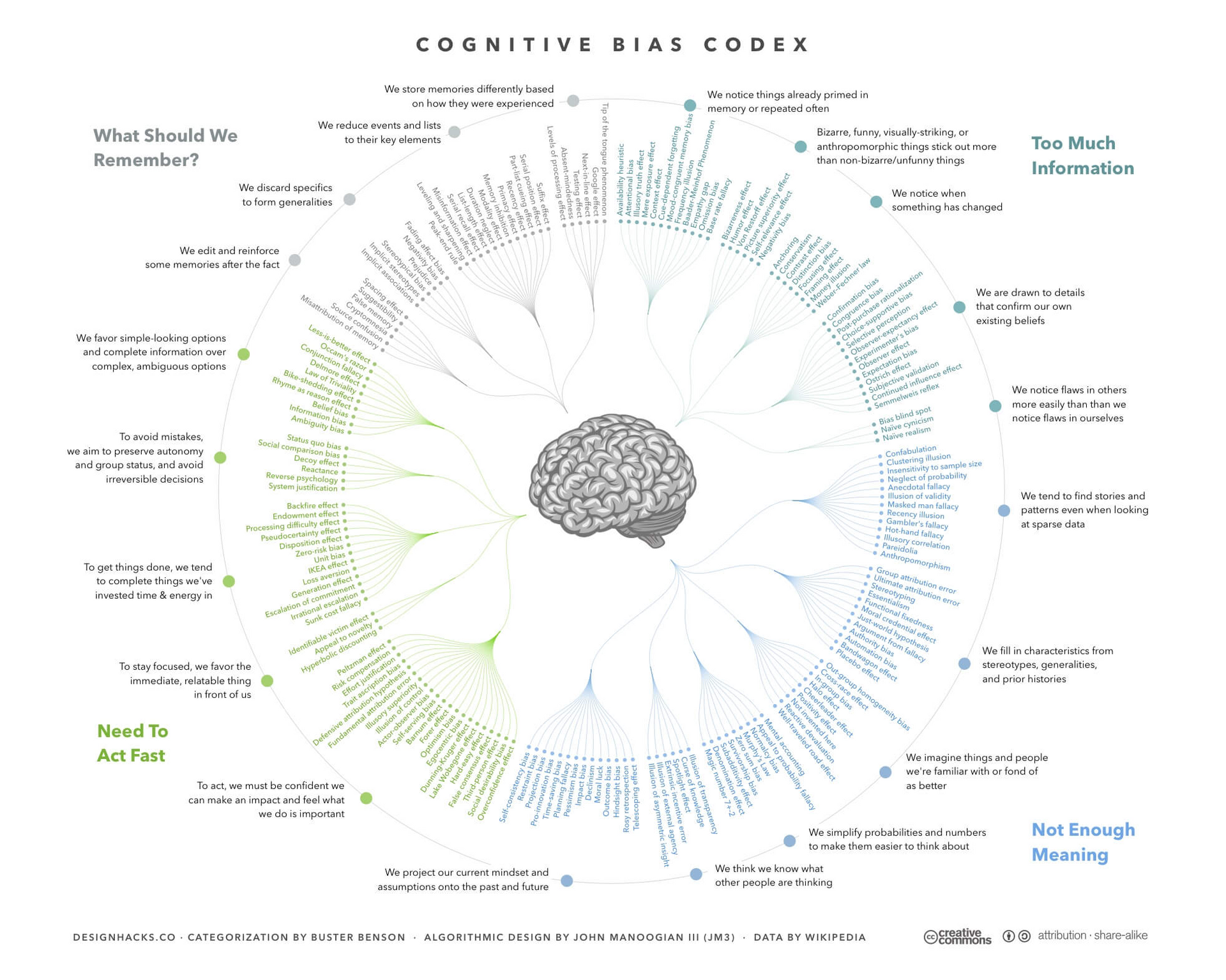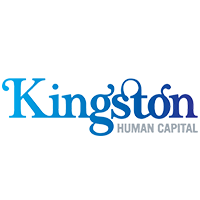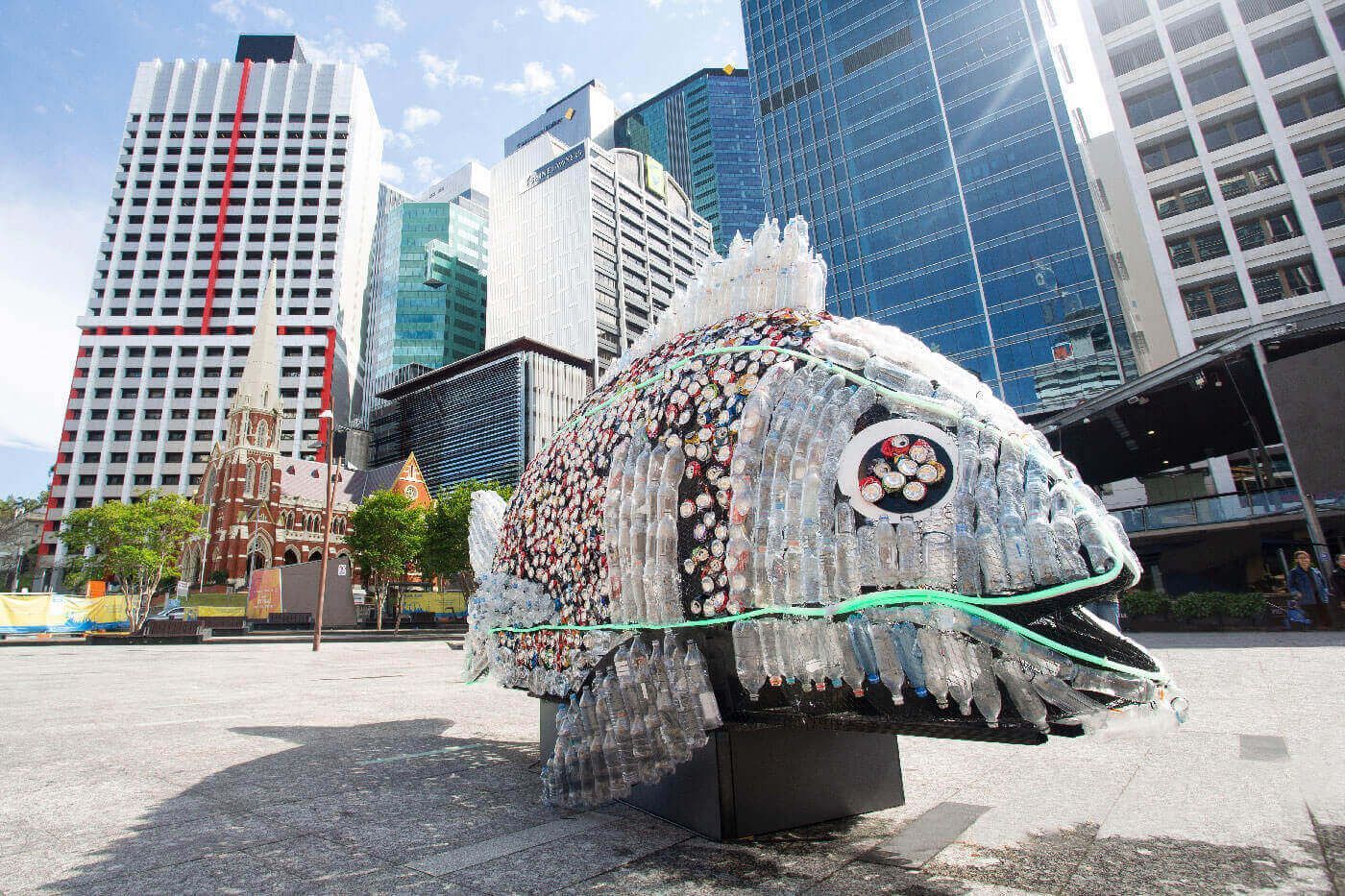How to reduce unconscious bias in your recruitment process.
Have you ever hired someone based on a good feeling - even if you couldn’t explain why they were the best person for the job?
Are you naturally drawn to people who have similar experiences or opinions to you?
Are you comfortable making decisions based on ‘gut instinct’?
Most people would answer ‘yes’ to at least one of these questions - because we’re all human. However; sometimes when we ‘go with our gut’ we may be under the influence of our unconscious biases.
What is unconscious bias?
Unconscious biases are learned stereotypes that are automatic, often unconscious, unintentional, and able to influence our behaviour and thinking.
They can have a significant impact on our thinking and decision making. In a workplace context, unconscious bias can impact who we hire and their employee experience.
It’s essential for leaders and hiring managers to understand how unconscious bias can impact the recruitment process. Aside from the impact on equality and fairness, biased hiring decisions result in less diverse teams.
To understand how unconscious bias can impact the recruitment process, there are two key things to understand:
- Unconscious bias is human nature - and it goes well beyond age, gender and race.
- Unconscious bias can have a significant impact, even before we meet a candidate.
Left unchecked, biases can shape the culture and norms of a company - and industry. Iris Bohnet, behavioural economist and professor at Harvard Kennedy School. Bohnet says seeing is believing: “If we don’t see male kindergarten teachers or female engineers, we don’t naturally associate men and women with those jobs, and we apply different standards. When hiring, promoting, and evaluating job performance, leaders need to learn to de-bias their practices and procedures”.
Further to this, to understand unconscious bias, we need to have a comprehensive understanding of the different types of bias that can affect the recruitment process.
What are the different types of unconscious biases?
John Manoogain mapped over 180 cognitive biases in his cognitive bias codex:

Today we look at five different types of biases that can occur during the recruitment process.
These include:
First Impression Bias
While first impressions are important, you can’t judge a book by its cover. First impression bias happens when a candidate looks and sounds great i.e they make a great first impression. Because of this positive first impression, we might automatically assume they are great - and this affects our interview and selection process. First impression bias is considered one of the primary causes of hiring mistakes.
When someone makes a great first impression and we’ve unconsciously leapt to the assumption that they are great, we tend to start seeing them through rose-tinted glasses. This bias can make us less diligent in our interview process. Because an effective, robust interview process is essential to making the best hiring decisions, it is critical that we always pay careful attention to asking insightful questions and really listening to the answers we receive. By understanding first impression bias you can identify scenarios when you are under its spell, and avoid becoming too lax with how you interview.
The Horns Effect
This bias happens when our judgement is impacted by one negative thing about a candidate. It could be how they present themselves or speak, something they say during the interview or something about their employment history. It’s always important to look at the bigger picture and not let the horns effect cloud your judgement. As humans, we are all impacted by unconscious as well as conscious bias i.e. our ability to create our own subjective version of reality.
Did you know that Cognitive bias theory demonstrates that we notice flaws in others easier than we notice flaws in ourselves? When interviewing, be aware that a poor first impression or single negative aspect of a person or their interview could cloud your judgement for the rest of the interview.
The Halo Effect
This phrase was coined in the 1920s by psychologist Edward Thorndike as a way to describe the way commanding officers in the army rated their soldiers. The halo effect sees us focus our attention on one great aspect of a candidate that positively influences everything else we observe about them.
The ‘halo’ could be how they communicate, exceptional skills in a particular area, a previous job with a blue-chip brand like Apple or Google, or the latest qualification relevant to the role. Remember, our task as interviewers is to identify reasons to hire - as well as potential risks of hiring. The halo effect can blind us to such risks. In an interview context, don’t assume that because someone is friendly and you like them, they’re also smart and will be good at their job. This type of unconscious bias also makes us less diligent.
Affinity Bias
Affinity is an essential part of human nature - we are naturally drawn to people who are like us. Cognitive bias theory demonstrates that we imagine things and people we are familiar with (or fond of) as better than things we are less familiar with or fond of. Affinity bias causes us to see similar people in a positive light.
This is where hiring managers and recruitment professionals need to be extra diligent with hiring for ‘cultural fit’. Hiring people who are similar to you and the rest of your team could have a negative impact on diversity. Some examples of affinity bias to look out for include: The danger with affinity bias is that we can tend to place too much importance on the things we have in common with the candidate, making us less diligent during the recruitment and selection process.
When you are interviewing, be sure to qualify skills, strengths and capabilities - especially for people with whom you have things in common. When we are under the influence of affinity bias, we can make disastrous assumptions which could have a significant impact and lead to poor hiring decisions.
Confirmation Bias
Confirmation bias is a tendency to interpret new information or evidence as confirmation of our existing beliefs. While this shows up in recruitment as an unconscious bias, it is also recognised as a cognitive bias - that is, our ability to create our own subjective version of reality. We are drawn to details that confirm our own existing beliefs and we under weigh or undervalue information that conflicts with our existing beliefs.
How to reduce unconscious bias in your recruitment process?
It’s important to understand that unconscious biases are deeply ingrained, which makes it challenging to recognise and overcome. Left unchecked, each of these biases can impact the recruitment and selection process. Outlined below are some of the steps you can take to keep unconscious biases in-check when recruiting:
- Accept, Assess and Reflect: We are all human. No one is perfect; we all have biases. During this step, you should be looking to assess yourself as well as your opinions and stereotypes. Consider if there may be some unchecked biases in your own circle or your existing teams. From there, you can reflect and think about how you may work harder to avoid biases moving forward. Tackling your own biases can only be beneficial - you’ll end up with a more diverse, productive and engaged team - and better business performance.
- Work to create solutions: The next step is to work at building awareness and understanding of biases. By involving your team, you’re raising awareness, promoting understanding and creating ownership of this challenge and the solutions you collectively design to tackle it. Some ways you may choose to tackle this together as a team is by introducing blind resumes, developing a scoring system that extracts factual information from CVs and interviews, or creating a better design for standardised interviews.
- Embrace collaboration: It is crucial to challenge yourself to do better, and one way to do this is to embrace accountability and collaboration in the team. Having a sense-check with someone is a great way to build awareness and ensure you don’t make a biased hiring decision. One way you might do this is through the introduction of a hiring team, which is a great way to reduce the likelihood of bias. Interviewing with one or more colleagues is a great way to tackle prejudice. You must always consider the bigger picture and move the element of judgement from the equation, focusing on the evidence at hand. This mindset change requires a group effort.
- Set diversity goals: Creating diversity goals for your organisation and recruitment process will put the issue of bias front and centre. While research about the value of diversity in teams is abundantly detailed, having diversity goals for your recruitment process will inherently build awareness of the impact of bias. At the end of each recruitment process, the hiring team can track their progress against these goals. By introducing this framework, you will also ensure that as a team, you are deeply committed to creating a move inclusive and diverse environment.
Unconscious biases can impact the employee experience, organisational culture and overall performance. Due to this, it is essential that we actively work to reduce these biases when recruiting new talent for our teams.
Backed by over 20 years of experience, Kingston Human Capital is in a unique position to offer advice and support to a range of organisations. It is our mission to partner with you to position your organisation for success. Working with our team of recruitment specialists, you will experience our unwavering commitment to supplying game-changing talent every time. Discover how our personalised touch can make a difference in your recruiting strategies, and meet our team of experts.
Discover more ways you can reduce unconscious bias. Download our guide today.








